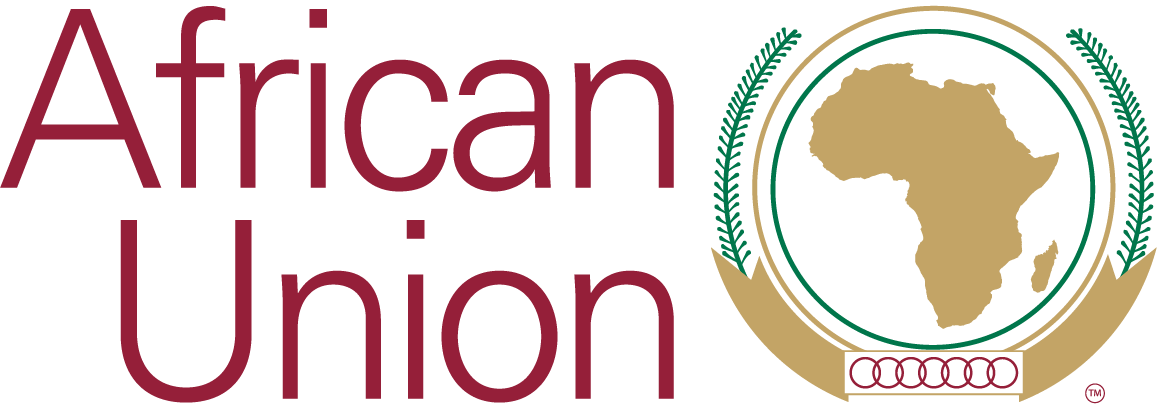Pan-African Parliament Hansard Report, Sixth Session of the Third Parliament
Monday, 18th May, 2015
The House met at 09.10 a.m.THE President in the ChairA Moment of Silence for Prayers and Meditation was observedTuesday, 19th May, 2015
The House met at 09.13 a.m.[THE President /in the Chair][A Moment of Silence for Prayers and Meditation was observed]PAP activity report for the period of October, 2014 to May, 2015
Wednesday, 20th May, 2015
The House met at 09.13 a.m.The President in the ChairA Moment of Silence for Prayers and Meditation was observedThursday, 21th May, 2015
The House met at 09.07 a.m.[THE President in the Chair]A Moment of Silence for Prayers and Meditation was observedMonday, 18th May, 2015
The House met at 09.22 a.m.[THE President in the Chair]A Moment of Silence for Prayers and Meditation was observedMonday, 27th May, 2015
The House met at 09.26 a.m.[THE President in the Chair]A Moment of Silence for Prayers and Meditation was observed| Candidate | Number of Votes |
| Hon. Cissie | 74 |
| Hon. Lahai | 83 |
| Candidate | Number of Votes |
| Hon. Suilma | 95 |
| Candidate | Number of Votes |
| Hon. Gayo | 98 |
